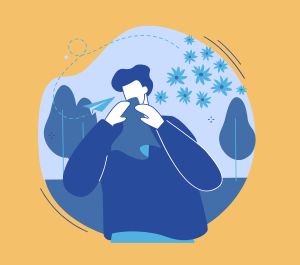Last month you were introduced to Michael and Allie, two HealthEE support members. I popped by again just as they finished another day of answering questions for potential and current HealthEE members. I asked the two of them to describe healthee support in one sentence, and I loved their answers:
Michael: “HealthEE Support is a dynamic support team that is determined to provide you with the best in class customer experience in the Healthcare industry.”
Allie: “If you need benefits, we’ve got you covered from start to finish.”
I couldn’t have said it any better myself. What I loved about their answers is that both center around you, the caller, and you, the one who needs the support and help. Yes, HealthEE by HBG offers a one-stop shop for coverage with countless benefits, and our support team could have focused on all we have to offer, but instead, true to the team’s nature, their focus is on you and your needs.
Next, I asked Michael and Allie what being on the HealthEE Support team has taught them. Allie said she has learned “there is no one size fits all approach to customer support. Each customer deserves a personalized experience based on their individual needs.” Michael followed with how the team has taught him “always to take the next step to give our callers and members better solutions to their needs. I am a natural problem solver, and I love being able to help all who call.” Our support team understands how personal shopping for benefits is. As dedicated and excited as the team is to offer callers guidance, they are a support team – not a sales team. HealthEE Support recognizes having you purchase a plan that isn’t right for you helps no one, which is why we train the support team to be simple guides, a helping hand in your health coverage journey.
Whatever you need, answers to questions, guidance, or just information, you can feel confident that the intentions of the support team center around finding the best coverage for you and your needs.
Contacting HealthEE Support is easy. You can call or text 888-655-4053, or if you would like to schedule a live appointment via Zoom, you can visit the calendar here.




 Site By Born and Raised
Site By Born and Raised